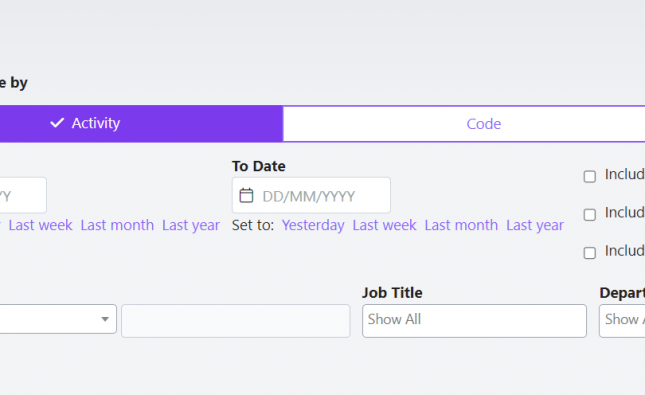From the pandemic to the cost of living crisis, the upheaval of the last two years has taken a toll on people’s mental health, and provided a perfect breeding ground for drug and alcohol abuse.
For many, recent factors such as prolonged isolation, significant work changes and political uncertainty have contributed to feelings of stress, anxiety and depression – now made worse by fears of a bleak winter ahead as energy costs spiral.
Some may turn to drugs and/or alcohol as a coping mechanism, however, regular overuse or misuse of these substances can worsen existing issues and even create further problems, not least at work.
After all, consuming alcohol negatively impacts an individual’s ability to concentrate, problem-solve, and react to problems quickly. It can also impede their judgement, memory and decision-making skills. This will naturally concern employers, as it could increase the potential for mistakes to be made, as well as pose real health and safety risks.
Even in low-risk industries, working while under the influence may affect an employee’s attendance, performance, professionalism and relationships with colleagues, all of which have negative business consequences. Of course, there will also be concerns for the employee’s health and wellbeing.
Unfortunately for employers, the issue is intensifying. According to IOSH, the pandemic has increased the number of employees misusing drugs and alcohol; positive drug tests in the workplace have increased 54% since 2019, and 25% of employees admit that drugs and alcohol have affected their work.
On top of this, research points to a link between financial hardship and poor mental health, which may in turn prompt people to self-medicate. Given the fall in ‘real’ incomes that the UK has experienced since late 2021, and the stress and worry this is causing for many people, it’s likely that alcohol dependence may become a deeper problem.
Because of this, it’s essential that employers know how to spot the signs of substance misuse and what to do if they suspect that an employee may be struggling.
First, know what to look out for
Knowing the signs of drug and alcohol misuse will enable managers and team leaders to intervene early so that they can support employees and prevent workplace issues before they arise.
Indicators of drug and/or alcohol misuse at work include:
- More frequent absences
- A drop in performance
- Behavioural changes
- Conduct issues
- Changes in appearance
Of course, these aren’t always indicators of substance misuse; the employee may also be struggling with family stress, illness or a work problem. It’s therefore important not to jump to conclusions – if an employee is exhibiting any of the behaviours outlined above, a sensitively handled conversation in private would be advisable to try to understand the reasons why and to work out how to manage this.
Address concerns carefully and compassionately
It’s important for managers to handle potential substance misuse or abuse at work tactfully.
Openly accusing someone of using drugs or coming to work drunk or high can be feel like an attack and lead to heated confrontations, which will only make matters worse. It could also result in the employee resigning and making a successful constructive dismissal claim.
If you suspect that drugs or alcohol are influencing an employee’s actions, it’s a good idea to document the specific behaviours causing suspicion and worry. You can then present these observations to the employee in an objective, compassionate and non-accusatory manner with the aim of identifying ways to help.
Drug and Alcohol Awareness Training can help your employees recognise early warning signs in themselves and their colleagues. It will empower managers to be able to provide effective, meaningful support to employees who may be struggling. For more information on our Drug and Alcohol Awareness Training for employees click here.


